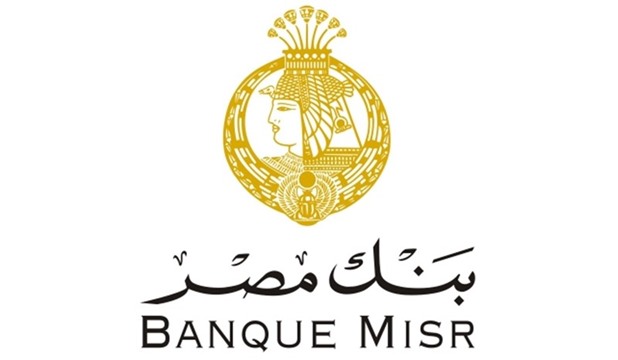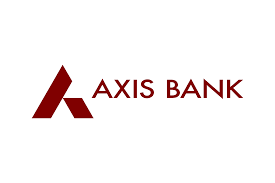
The Leading Law Firm in UAE for Trusted Legal Excellence
Experienced Lawyers in Dubai and Across the UAE, Specializing in Property Matters, Family Law, Labor Laws, Arbitration, and Expert Drafting of Wills, Sale-Purchase, Employment & Partnership Agreements
GET IN TOUCH
Strategic Legal Solutions Backed by Multidisciplinary Expertise
At Alketbi Legal, we build agile, cross-functional teams to address the most complex legal challenges facing businesses and individuals today. With deep regional and international experience, our lawyers collaborate with industry specialists across sectors to deliver precise, insightful, and fully customized legal guidance. This approach ensures every client benefits from a broad perspective and focused, results-driven representation.
about usFirm Updates
Guided by Purpose, Driven by Principles
As a leading law firm in the UAE, our foundation is rooted in integrity, client-focused service, and forward-thinking legal solutions. Our mission, vision, and core values reflect who we are not just as legal professionals, but as trusted advisors dedicated to empowering individuals, businesses, and communities through reliable and strategic counsel.
Our Vision
At Alketbi, we exceed expectations by helping global clients navigate legal challenges and seize opportunities in a fast-changing world, driving success for clients, people, and communities. We deliver tailored solutions that create lasting value and growth.
Our Mission
We deliver exceptional legal services that empower client growth and long-term success by combining leading local and international practices with unwavering commitment, meticulous diligence, and personalized attention to detail.
Our Values
We put clients first by understanding their needs and challenges. We think big, embrace innovation, and believe in the power of teamwork. With a can-do mindset and entrepreneurial spirit, we break barriers and deliver impactful results.

Our Legal Expertise Across Key Practice
Areas in the UAE
At Alketbi Legal, we bring a deep, multi-industry understanding to some of the UAE’s most complex legal challenges. From property and construction disputes to maritime and shipping matters, our experienced legal team provides clear, strategic counsel across diverse sectors. We regularly advise on commercial contracts, arbitration, breach of trust claims, and sensitive criminal cases, including drug offenses, cyber crimes, and cryptocurrency-related matters. Our expertise also covers intellectual property rights and the meticulous drafting of agreements—ensuring every detail serves your best interests.

Corporate Practise
Our corporate lawyers advise businesses of all sizes on company formation, restructuring, joint ventures, mergers & acquisitions, and regulatory compliance.

Intellectual Property Rights
Protect and enforce your intellectual assets through comprehensive legal strategies covering trademarks, copyrights, patents, and trade secrets.

Litigations
With a strategic, results-driven approach, we handle complex cases ranging from property and construction disputes to breach of trust and white-collar crimes ensuring your rights are protected at every stage.

ADR
Effective legal solutions through arbitration, mediation, and negotiation helping clients resolve disputes without prolonged litigation.

Banking & Finance
We offer expert legal support in banking and finance matters, advising financial institutions, lenders, and borrowers on regulatory compliance, loan structuring, debt recovery, and complex financial transactions.
What our clients Say

PRIDE HOLDINGS Inc.

THOMSUN GROUP

PLANET PHARMACIES

OYO

UNITED PRECAST CONCRETE DUBAI LLC.
Trusted by 200+ Businesses Across the UAE and Beyond
We are proud to serve a diverse clientele that includes leading corporations, startups, government entities, and international businesses. From long-standing partnerships to high-stakes legal matters, our clients trust us for our deep expertise, strategic insight, and unwavering commitment to results. Your success is our priority.















































